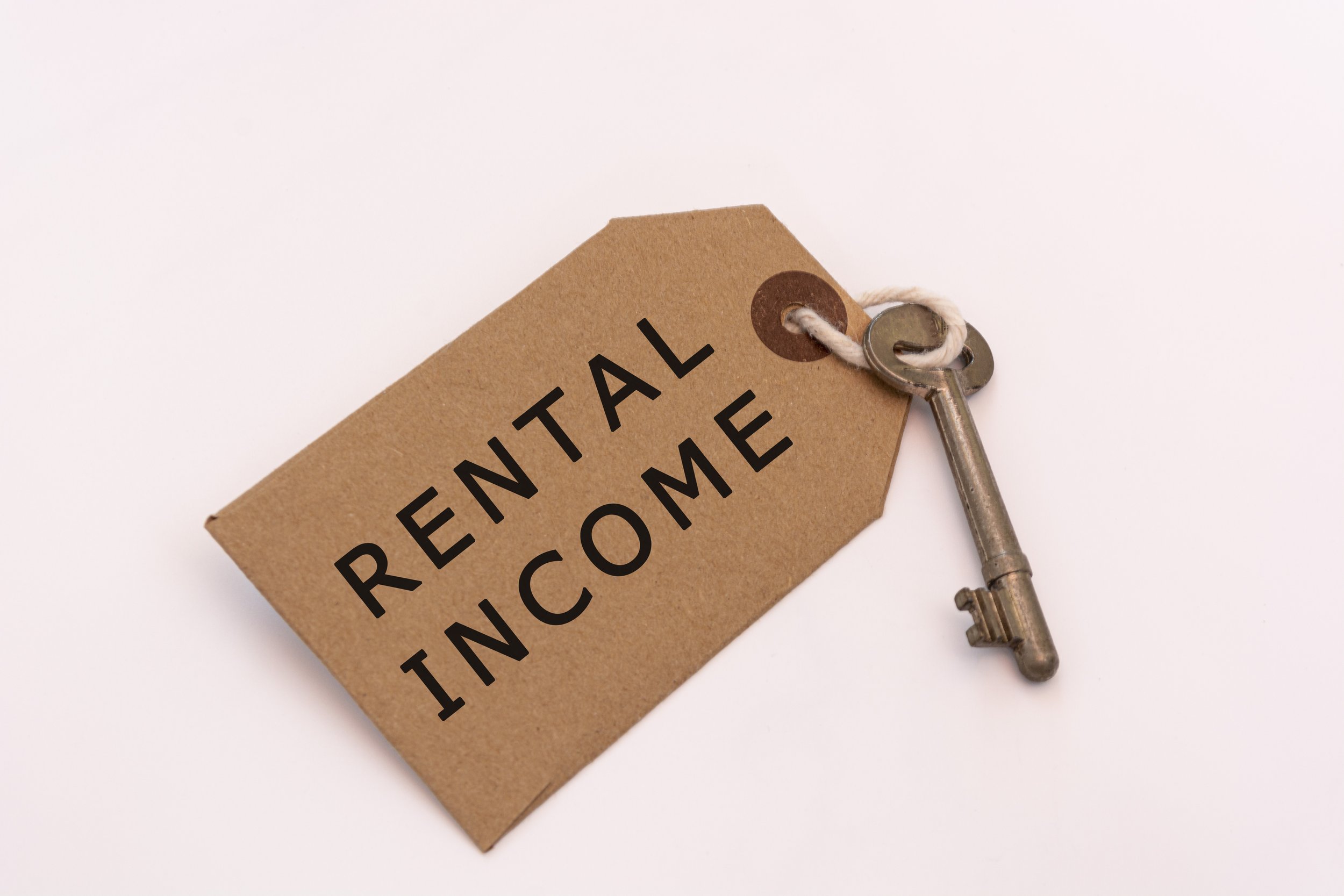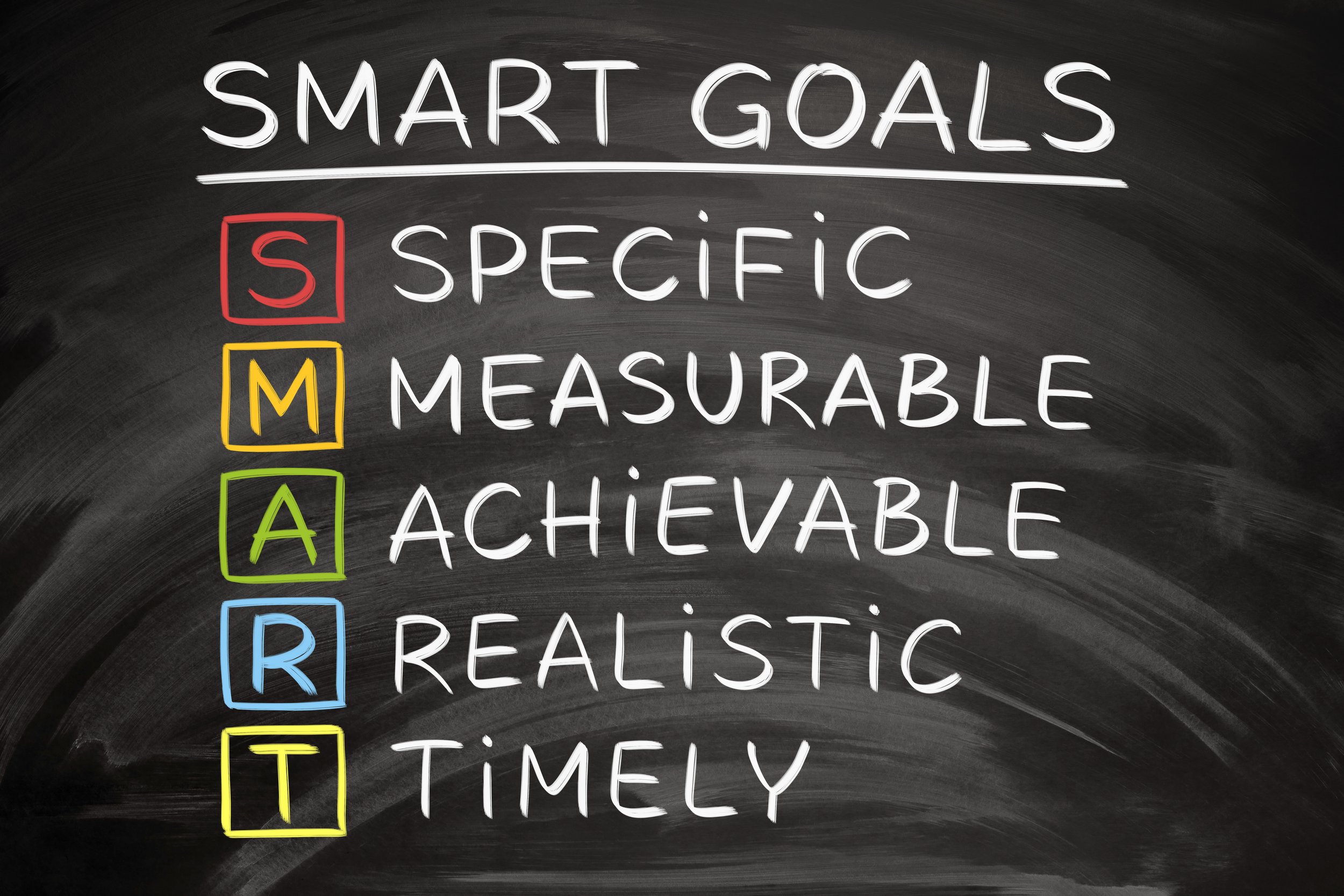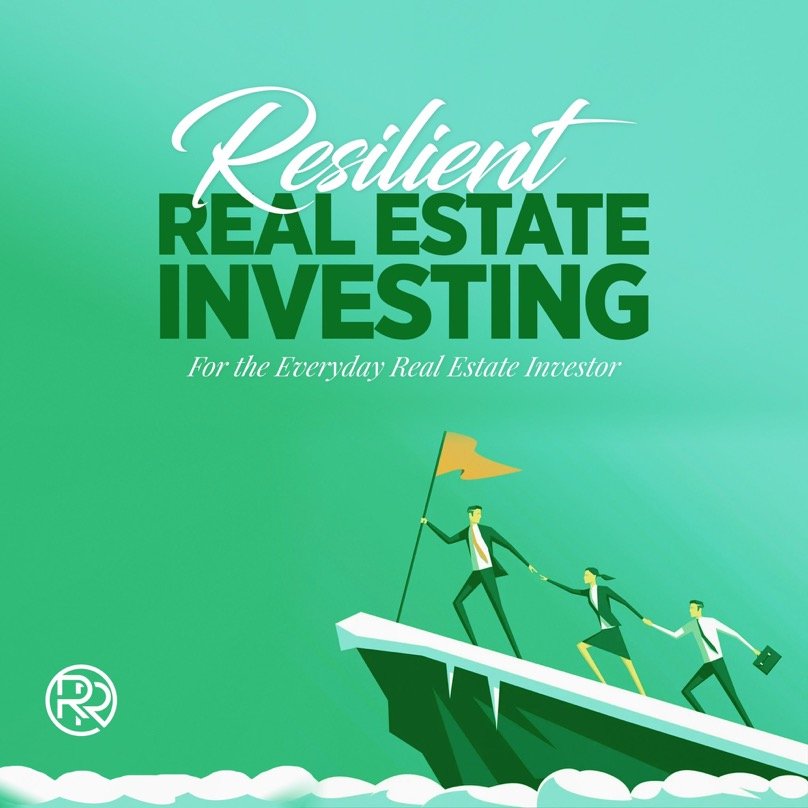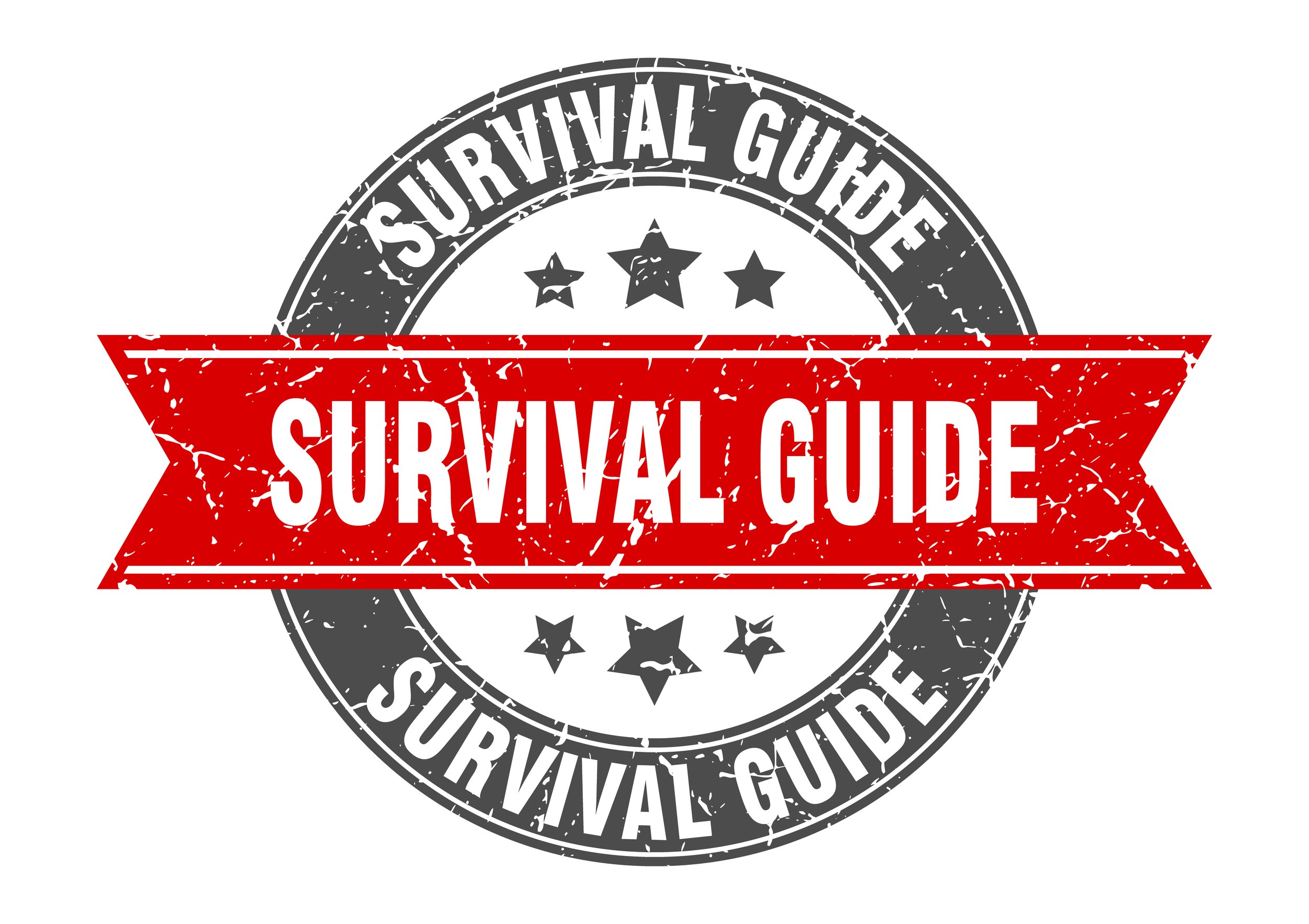Surviving a Recession Requires More Than Blind Luck: Recession Survival Guide
Ultimate Recession Survival Guide
This article is a guest post by Olaf the Mile High Finance Guy who runs the website www.milehighfinanceguy.com which is a fantastic website and I highly recommend you check it out. You can also find him over on twitter @milehighfiguy. There is a detailed writeup in the author bio below. Lets find out what he has to say about surviving the impending recession!
If I have learned anything in my thirty-plus years of life, it is that nothing is constant. The world is ever-changing, as are our lives, and the economy is no exception.
Sometimes the United States is in a bull market, while other times, it is in a bear market. Further from our borders, other economies move up and down, occasionally in tandem.
Blind Luck Note: If Terms Like Bull & Bear market are new to you check out our Financial Dictionary where we break down terms like this for you.
Usually, the economic cycle affects the lives of everyday Americans through mass hirings or layoffs, increasing or decreasing the necessary and discretionary incomes of the masses.
However, as we continue to chart into an unknown economic territory, where inflation is rampant and a pandemic lingers, I believe it is essential that every person knows the basics of financial solvency. Because, after all, if you want to get ahead in life and achieve financial freedom, you need to rely on more than blind luck.
So, through today's post, I will outline the five actions needed to build your financial life raft, which will act as both a pontoon and speedboat to achieve financial stability and prosperity.
Notably, while today's guide caters to recessionary periods, it is equally relevant during expansionary spans.
The Mile High Recession Survival Guide (Jump Links)
Build & Maintain An Emergency Fund
Cash is not sexy, it is not glamorous, and it will lose its value during an inflationary environment like the present. Still, cash remains king.
When paying your rent or mortgage, what does the landlord or lender require for payment? When you end up needing unexpected medical treatment, how does the provider expect to be compensated? And, when your automobile breaks down, what will a mechanic trade for parts and labor?
That's right: dollars.
Cash is the backbone of our society and will remain as such. Why? Because:
A dollar (generally) is worth the same amount daily
It is liquid (others are always willing to accept it)
And, it is reputable (sorry, crypto fans)
Meanwhile, stocks and bonds often capitulate daily, so utilizing them to store any funds readily needed is ill-advised. (Would you want to sell something that lost half its value overnight? I think not.)
Yes, cash does lose some value regularly due to yearly inflation. But if you go to a business needing goods or services, they will accept dollars as an exchange medium. (It is not practical to exchange partial services, offer shares in Coinbase, or trade half of a cow for payment.)
Further, unless you have enough assets to comfortably never work again, having an emergency fund with three to six months of cash is a no-brainer. Otherwise, you risk undue stress and potential financial ruin from taking on debt or selling depreciated assets in a pinch.
Many in the personal finance community and financial service industry will argue over how much cash is enough to constitute an emergency fund. But I like to keep things simple and suggest three to six months as a starting point.
Yes, you could be a worrier and bank a year's worth of pay away. On the flip side, you could be overzealous and think you can leverage your investments at a moment's notice. Still, both choices are suboptimal since:
One inflicts the financial opportunity cost of missed earnings and eroded value from inflation. (i.e., excess cash)
The other creates undue financial stress when the markets are down while eliminating a buffer that would otherwise allow for additional risk-taking elsewhere. (i.e., no cash)
Oh, and the average unemployment duration (i.e., the time between jobs) is five months and four-and-a-half days.
Thus, three to six months of cash is ideal. You will thank yourself when an unanticipated bill comes due, you surreptitiously are let go, or an economic downturn drags on. And, if it was not already clear, You Need An Emergency Fund Despite Inflation.
Keep Your Options Open By Networking
Networking is a term I heard more than I could stomach in college, yet here I am (nearly) a decade later preaching the same message: network, network, network.
By having a network of individuals in your repertoire, you increase your odds of landing a job sooner. During periods of economic exuberance, you can secure ever better positions for yourself. During recessions, you can find openings even when layoffs are rampant. After all, the saying, it's who you know, not what you know, exists for a reason.
Building a network is as easy as casually socializing in the breakroom with unfamiliar faces, going to after-work events, attending industry gatherings, and introducing yourself to strangers in social settings.
Once you establish rapport with new acquaintances, check in on them regularly by sending a text message, calling, or meeting up for coffee. While such behavior does require extra effort (sorry, introverts), the reward will be a hundredfold. So, take the time to socialize.
Blind Luck Note: I agree 100%, networking has opened doors in my path to FI that are available to very few people. Make sure you connect and provide value to those around you so when you need them most the’ll be willing to help you out.
Maintain Your Savings Habit
Speaking of investing, you must remain disciplined and invest during economic downturns. Yes, watching the markets implode can be a painful ordeal for novice and seasoned investors alike. Still, nobody accomplishes anything meaningful in life without pain and effort.
I generally advise people to save at least 15% of their monthly income after taxes into their emergency fund. Then, once they have funded their safety net, I tell them to start investing in the market.
When the markets are going up, investing is fun: You get to watch your hard-earned dollars grow with each paycheck, compounding as you eat, work, sleep, and play.
Comparatively, investing when the market is down can be dreadful. You work hard, yet the money you save loses value.
While investing during a recession feels illogical, it is essential since no one knows when it will end. Here is why:
When you buy investments regularly, the action becomes a habit. Habits are what make or break your future!
When you buy an index fund share for $90 instead of $100, you get the same proportional share of all of the companies in it for less.
When you buy investments on a reoccurring basis for the same amount, you are creating a dollar-cost-averaging strategy (DCA). DCA is a proven way to build wealth since it smooths out volatility and ensures time in the market. And, time in the market is how you experience compound interest.
When you buy now compared to waiting, you can participate in market rallies. However, if you don't invest because you are waiting, there is a 100% chance your money will not grow. So, Buy Now & Tomorrow, But Don't Buy the Drop!
Saving and investing are critical habits that require you to tune out television and Tik Tok pundits. Nevertheless, doing such will be challenging during a recession. Therefore, consider utilizing an automatic saving and investing plan with your brokerage of choice.
Invest According to Your Risk Tolerance
What's the old adage of investing? Oh yeah, buy low, sell high. It is not buying high, selling low. Therefore, investing according to your risk tolerance is compulsory.
In a perfect world, there would be no such thing as risk. In it, everyone could save money at the local credit union and retire worry-free. However, such thinking is a lollygag at best. Why? Because risk and reward are inextricably linked.
For example, a credit union or bank is willing to accept anyone's funds for a deposit. Since most credit unions or banks in the United States have a meager risk of insolvency, most people are willing to deposit their paychecks into them for ease of access. However, since most people use such banking institutions, these companies don't have to pay meaningful interest rates to attract deposits.
Conversely, most startups fail. As a result, not many people are willing to invest in them (and those who do expect substantial potential returns).
However, as a startup grows and proves it has staying power, more people are willing to buy ownership with the hope that the company will become profitable (i.e., Uber or Lyft). Investors in companies like these expect to receive a return on investment by seeing their purchased shares increase in price. Nevertheless, the underlying shares have likely increased dramatically by this time, meaning new investors cannot expect to receive the same growth as prior ones.
Once a company is an established player, like 3M, even more people are willing to invest their hard-earned money. However, growth is more challenging since these companies are entrenched players in the economy. At this stage, investors do not expect to receive extraordinary returns. Still, they plan to receive either a dividend or a bump in the share price.
Throughout these various business stages, companies can and do fail (especially during recessions). As a result, there is always a risk when investing. Hence, the risk and reward conundrum: do nothing, and your money will dwindle; do too much, and your money will evaporate.
If selecting which company (or bond) to invest in sounds complicated and risky, you likely shouldn't buy individual securities. Even if you think the process sounds fun, selecting the needle in the haystack is improbable. So, I suggest you buy the entire haystack by utilizing index funds, which track the whole market in a given area.
Want to buy the entire US stock market? Consider the Vanguard Total Stock Market ETF (VTI) or Fidelity ZERO Total Market Mutual Fund (FZROX). Want to buy investments outside the States? VXUS and FZILX have you covered. Are you looking for safer investments in bonds? BND and FXNAX are great options.
Once you have narrowed down a list of possible investment choices that include domestic and international stocks and bonds, you can assemble your dream team.
Younger investors will likely want to take on more risk by investing in more stocks since they have plenty of time to recover from recessions. Those nearer to retirement should be more hesitant and utilize fewer stocks and add in bonds and cash. Still, each person's risk tolerance will be different.
As a starting place to determine how much stock, bond, and cash equivalent investments you should hold, consider taking your age and subtracting it from one hundred and one hundred twenty separately. The resulting numbers will create a range.
(Shout out to Buy This, Not That by Sam Dogen, the inspiration for the simple methods used to determine stock exposure in this post.)
For example, a 30-year-old investor would take 120-30=90 and 100-30=70. The resultant two numbers create a range of 90 to 70, which is a point informing the thirty-year-old what percentage of their portfolio could be in stocks. Conversely, that would mean the remaining 10% to 30% of the investor's portfolio would be in bonds and cash.
While this range gives you an idea of how much stock to bond exposure might be appropriate, each person is different. Please use the table below to look at previous market returns given various portfolio allocations at one and five-year durations.
Asset Volatility & Returns Chart
As an aside, I didn't go beyond five years since investing over periods of ten years or greater has a statistically low chance of losing money. During spans of fifteen years or more, the probability of losing money essentially drops to zero.
Remember: If you believe you are likely to sell during the mass hysteria and market collapse that many recessions see, you must be more conservative and allocate less of your holdings to stocks. Once you settle on a portfolio model, stick to it and only adjust it as retirement approaches, not because of external factors.
While the risk subsection is longer than the other four sections, it is essential to understand. Hence, my prolonged coverage of it.
Now, onto our final category!
Don't Buy The Hype; Instead, Tune Out
Investing is a messy affair full of ups and downs. Once you select a savings rate and a portfolio allocation that accounts for your risk tolerance, tune out from investing news. Periodically, adjust your portfolio as you age since you naturally will become more risk averse. But, importantly, ignore what Jim Cramer and other pundits have to say.
Investing is a slow and arduous process. If you want your wealth to grow faster, consider saving more. And remember, setbacks will happen when recessions strike.
Some recessions have lasted two months (I see you, COVID Crash), while others have dragged on past five years. Still, since World War II, recessions have lasted on average eleven months.
The biggest determinator for your future success is the ability to tune out the mass hysteria. Instead, focus on your daily life and saving for your future.
Yes, it will be tiring to watch your wealth go backward. But, nothing in life goes according to plan. Some people will tell you they sold their investments. Commentators and various figureheads will debate the merits of going to cash. Heck, you might even dream of liquidating your portfolio. Still, please don't do it.
Remember: screaming during a turbulent flight didn't make you get to the destination any safer or faster, nor did jumping out of the emergency exit. So, ride out any recession with a cool head by buckling your seatbelt and tuning out the hysteria. Your future self and brimming investment portfolio will thank you at the end of the runway.
Regardless of A Recession, You Are Ready
I hate to be the bearer of bad news but living through economic turmoil sucks. While we are not in a recession, following the five steps outlined above will better prepare you for when one inevitably dawns. Plus, they are the secret to success!
Emergency funds provide a foundation of certainty to live a better life, while networking creates relationships and opportunities to live more fulfilled. Still, a life not financially free is a life of servitude. So, invest through both the booms and busts while staying calm and remembering your risk tolerance.
If you follow these steps, you surely have a better chance of success. So, here is to fulfilling your dreams with more than just blind luck in tow!
Thanks again to Olaf the Mile High Finance guy for putting together this great guest post! Make sure to checkout his website www.milehighfinanceguy.com which is a fantastic resource. You can also find him on Twitter @milehighfiguy.
Make sure you Join our Community so you don’t miss out on future updates!

































